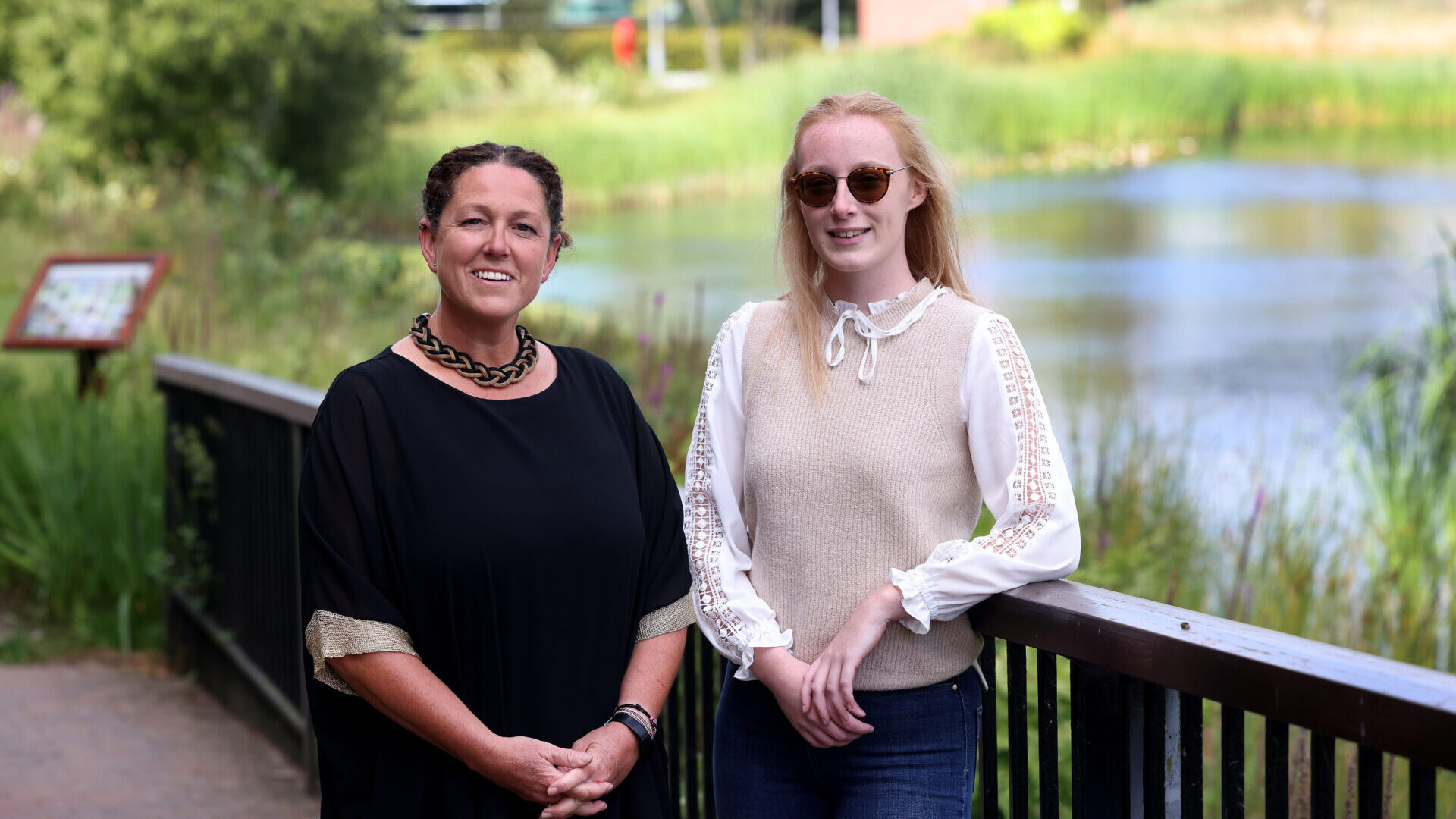The launch at hospitals across Europe marks the culmination of two years of work by the ISupport group, led by Professor Lucy Bray from Edge Hill University and developed by ongoing consultation with health professionals, academics, young people, parents, child rights specialists, psychologists and youth workers.
The ISupport standards aim to improve the care children receive when they undergo clinical treatment, reduce harm and establish trust.
Professor Bray said: “We would urge health professionals and organisations to do all they can to familiarise themselves with the standards and we hope that they prompt conversations in practice about how we can best support children before, during and after their procedure.
“We need to do more to make sure every child is supported to have a positive procedural experience and that their short- and long-term best interests are prioritised in all clinical decisions.
“We have learned so much over the last two years, it has been amazing to work with children, parents and health professionals to develop the standards.
“Conversations have sometimes been challenging and sensitive, especially when we are talking about holding children for procedures, but throughout the process children and parents have challenged us to remain child-centred and make sure that the standards work for all children having healthcare procedures.”
ISupport was launched this week at conferences hosted by Alder Hey Children’s Hospital in Liverpool and the Nordic network for children’s rights and needs in healthcare in Sweden.
Katie Dixon, who was diagnosed with arthritis when she was 18 months old and underwent regular hospital treatment as a child, became involved with the ISupport project while studying psychology at Edge Hill University, and is now an ambassador and core team member of ISupport.
The 21-year-old from Kirkham, Lancashire, has experienced first-hand the psychological damage which can be caused by what she describes as “badly-handled procedures”.
“These bad experiences left me in severe fear and flashbacks, phantom association pains and nightmares. I ended up in psychological services for support by the age of seven but by that point it was sadly too late, the damage had been done.”
Katie Dixon
Katie, who is now studying for a Masters in Health Psychology, has been diagnosed with PTSD and chronic anxiety around medical events.
“I will always rely on support from another person for every form of medical appointment and I live in fear every day which limits how I can be treated for my arthritis.
“Psychological wellbeing is as important as physical health and I want to create an awareness of the consequences that psychological trauma can have. With awareness we can prevent as many children and young people as possible going through what I did.
“I am confident these new standards will help empower young patients and improve the quality of care and understanding shown by health professionals in the future.”
Katie Dixon
ISupport includes a call to action from children and young people, a version of the standards for both health professionals and families, a prep sheet to help children undergoing a clinical procedure and case studies to show how the standards look in practice.
Stefan Nilsson, Senior Lecturer and Associate Professor at the Institute of Health and Care Sciences, University of Gothenburg, and a key organiser of the Swedish launch event, said: “The conference is an important opportunity to launch the ISupport standards and discuss the need to reduce the trauma children can experience when having medical procedures.”
The ISupport group is now working hard to ensure the standards are used as widely as possible around the world.
By working with the European Association of Children’s Hospitals (EACH) they are reaching as many organisations as possible, with a number of hospitals and healthcare organisations already signed up to adopt the standards.
Professor Bray added: “Families and professionals are invited to share their views on how the standards make a difference through this short online survey, to inform how we take this work forward and highlight the importance of making every healthcare procedure positive for children.”
November 11, 2022



